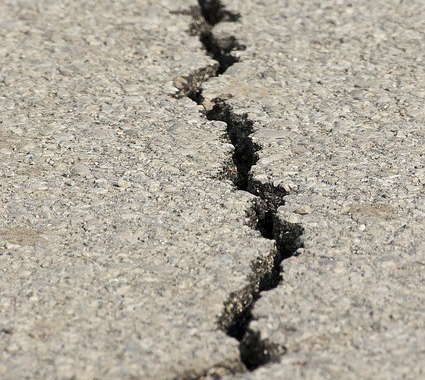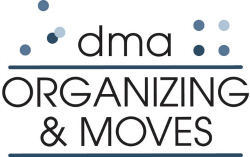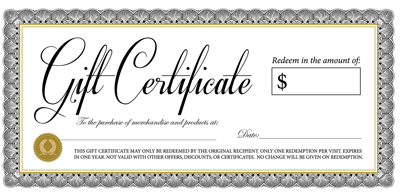Are You Ready For An Emergency?

The earthquakes this week inspired a re-post of this valuable info!
In California we live with the possibility of wildfires and earthquake disasters year round. Being prepared can provide peace of mind, even if we aren’t ever faced with an emergency.
We know we should be prepared for natural or personal disasters. But we lead busy lives. Who has time to deal with something that MIGHT happen, someday?
There are ways to upgrade your disaster preparation without getting overwhelmed.
Remember ANY amount of preparation is better than none.
Most Vital: Procure and Store Water
Following a disaster, clean drinking water may not be available. Your regular water source could be cut-off or compromised through contamination. Experts say that you need to enough water for a minimum of 3 days, that’s 3 gallons per person or pet. But it’s better to have a 2 week supply.
Now that we’ve covered the most valuable resource, let’s choose just three of the next most important preparations and accomplish them.
Step One: Get a kit
If you are busy, purchasing an emergency kit is easier and faster than making your own.
Here is a great option from EmergencyKits.com with all the supplies the Red Cross recommends.

There are many vendors for earthquake backpacks. It’s good to be able to customize your kit.
This kit also provides both bags of water and water purification tablets. The bags of water are not enough for 72 hours (which the Red Cross recommends). So the tablets are crucial. But to use the tablets you’ll need a receptacle for holding water. Add this collapsible water container to your order and put it in your kit and you’ll have enough water for 72 hours or longer.
While you are reading this article, click and order, and you will have accomplished Step One! Store the kit in your car for quick evacuation or emergencies on the road.
Step Two: Make a plan
An emergency plan refers to knowing who to call for help, how to get in touch with loved ones, and where to go if you need to evacuate your home.
Print one of these emergency card templates for each member of your family. Fill them out together as a family activity. Keep the cards in wallets or backpacks.

Step Three: Get informed
Next time you wait at the doctor’s office or are put on hold by AT&T, put these key contacts in your phone and copy them into your wallet. They are valuable sources for information during a disaster.
- Fire locations and forecasts: www.wrh.noaa.gov/fire2/cafw/
- Road closures: www.dot.ca.gov/hq/roadinfo/do4map.htm
- Emergency warning system by zip code (Nixle): www.nixle.com/zipcode_reg/
- Radio: AM 1610
- Local news on TV or internet:
- KRON4: news.kron4.com
- KTVU: ktvu.com
- KGO: abclocal.go.com/kgo
- Safe and Well Website. To let your friends and family know you are safe, register on the American Red Cross Safe and Well Website. You may also call 1-800-RED CROSS (1-800-733-2767) and select the prompt for “Disaster” to register.
Now that you see you can accomplish three major steps in disaster preparation, visit Ready.Gov to learn more emergency preparations you can incorporate into your life.
Thank you to NAPO-SFBA and Emily Fox for inspiring this post.

